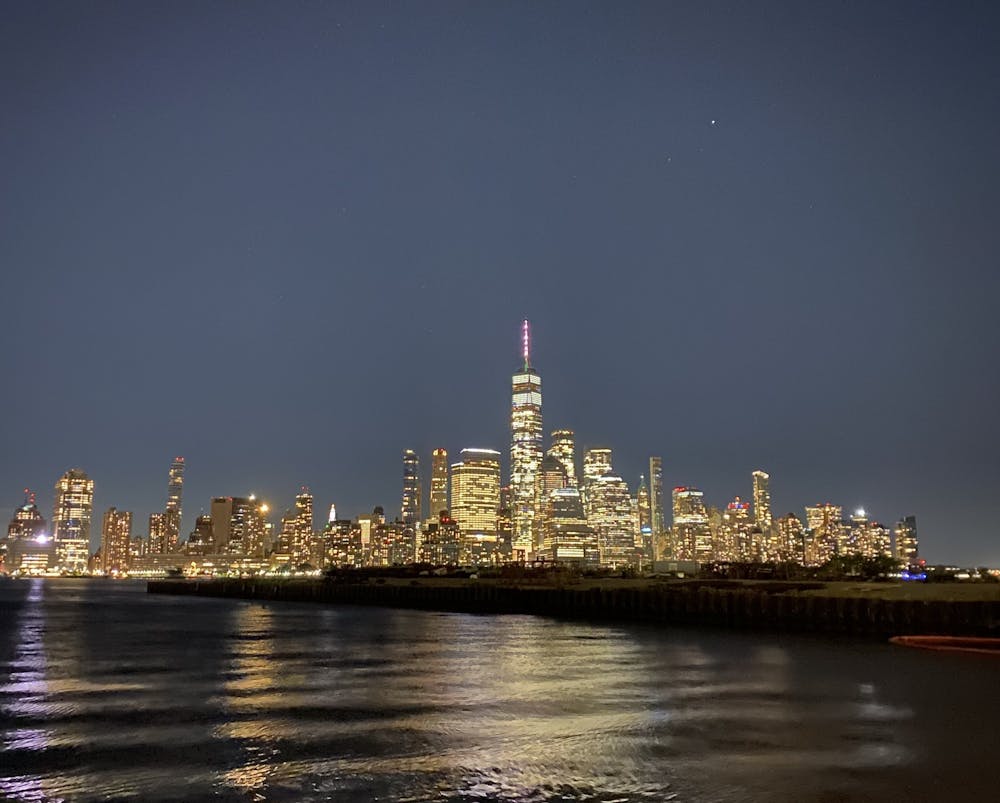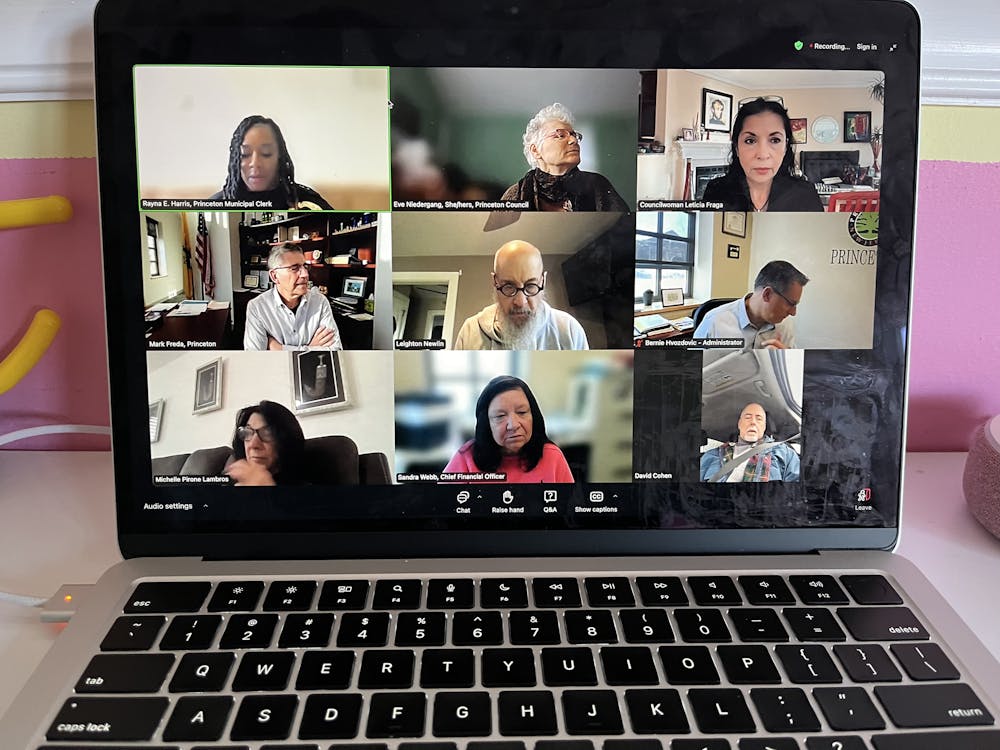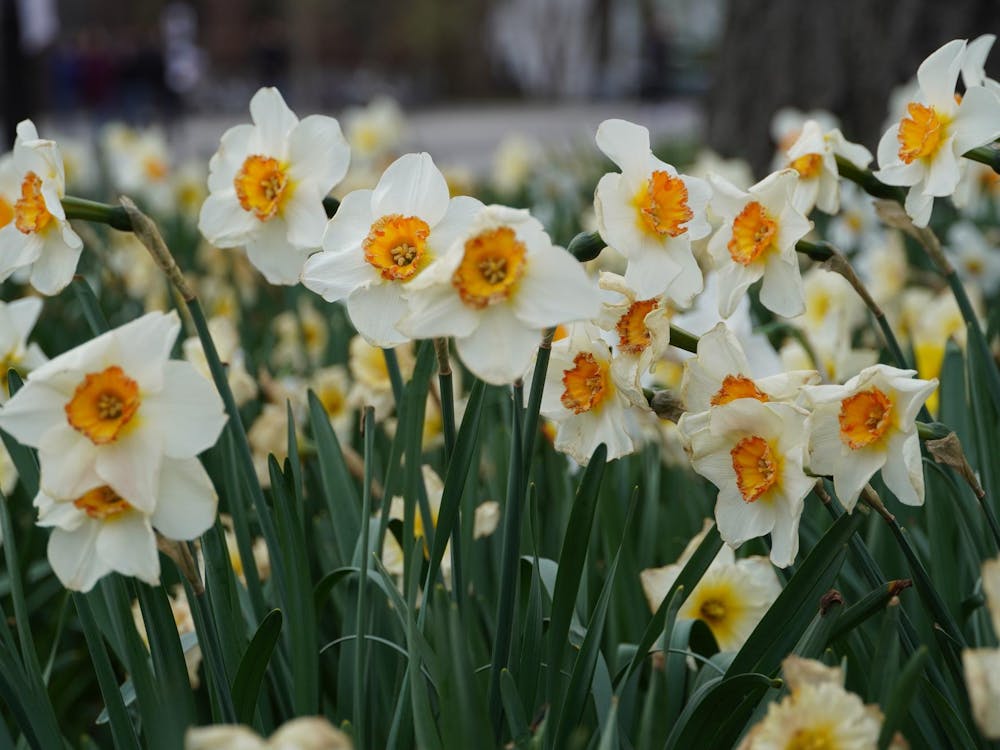Dispatches at The Prospect are brief reflections from our writers that focus on their experiences during the summer break. This piece is part of the Dispatch summer 2022 series.
This summer, my internship was in the South Bronx, so I learned the NYC subway to and from work, making the following observations on any given morning — as scientists-in-training do.
On the corner of 174th Street and Selwyn Avenue is a small restaurant that sells quesadillas. I passed this restaurant every day on my way to work this summer, and every time, I thought, “I should stop here.”
On the corner of Mount Eden Parkway and Selwyn Avenue is an elderly woman who sells dreamcatchers in the mornings. I passed her small streetside shop nearly every day on my way to work this summer, and every time, I thought, “I should stop here.”
Why didn’t I? And why am I mentioning restaurants and dreamcatchers when I spent the summer working at a safety net hospital in one of the poorest Congressional districts in the nation? Shouldn’t I have more to say?
I should stop here. I come from Newark, N.J. For those unfamiliar with Newark, its reputation is not unlike that of the Bronx. Both are often painted as places where crime, violence, and poverty are all that could possibly flourish. I have carried, wrestled with, and tried to hide this stereotypical reputation while the urgency to get out of this place echoed throughout my mind. I understand where it comes from. It comes from story after story about the bad things that happen in these places.
I understood this from a young age when I chose to leave my public elementary school in Newark for a private school in a more affluent neighborhood. At 12, I thought that was getting out. Far from it, I stuck out like a sore thumb in middle school. Cognitive dissonance didn’t even begin to describe the culture shock I faced. Some of my classmates at the time made these assumptions of my home abundantly clear to me — for the worse. They had written off Newark, written off me, as not belonging. And what’s more, they were confidently ignorant. Nevertheless, school came to an end, and at the end of every day, I went back home.
Newark became my weakness — even though the Newark I had known was far from the stereotypes. There were times when I wished so badly I could just change my address. I needed to get out of this place. Where I was from wouldn’t matter if I was good at what I did — that’s what I told myself eight years ago. But time moves forward, and so did I.
This summer subverted my internal monologue. I was on the phone with my mom one evening, and I found myself describing parts of the Bronx just as I would Ferry Street (a street I grew up with). The similarities were so clear to me, but not through shared stereotypes. They were clear to me because the small restaurant selling quesadillas reminded me of one of my favorite Mexican restaurants back home. The woman selling dreamcatchers was reminiscent of the small shops on Ferry Street selling souvenirs from Portugal and Spain — pieces of home for some. I never stopped at these places because I was afraid of what people would say at school. I could just hear my sixth-grade classmates snickering when I said where I was from, insistent that I didn’t belong. No, I thought. I couldn’t possibly prove them right. And so, at my own loss, I didn’t stop.
As my internship progressed, it became clear to me that my life experience was not my weakness. My own life was my strength. I could empathize uniquely within the clinic because of my own experiences in Newark. I realized that even if I did get out of Newark, I would carry it with me. Because, for all of Newark’s reputation, for every story of crime, there were also good people. Good people who seek to give unconditionally, regardless of what they have. Good people trying to make a living. Good people who inherit dreams and sell dreamcatchers.
That’s something that seems to get lost in all the national discussions of healthcare for underserved populations. Each population is composed of people. Good people, bad people, people in between. Regardless, people get sick. And people get hurt. And when they do, they need a system in place to care for them. These were people, not problems. The fact that an inadequate healthcare system is in place is not their fault. It is their reality.
I seemed to realize this faster because I knew how quickly people in Newark could be written off as problems. How? Because I was. My family was. During the lead water crisis, my family and I received letters assuring us of the safety of our tap water, even as the mayor was handing out bottled water on streets near our home.

And so this realization, cultivated over years, ultimately made me stop. I stopped apologizing for how my journey didn’t fit neatly into a box, and I stopped apologizing for the things I couldn’t control. And the parts of my background that I had tried so hard to seal off for others’ convenience — making sure I never seemed like someone from Newark — well, I stopped sealing them off. Why couldn’t someone from Newark do what I did? Was it really so unbelievable that I was here?
Being from Newark is something I am proud to carry with me. There are countless individuals who have shaped my path, and good people I have had the joy of knowing. To forget them would be to forget who I am.
As an aspiring medical professional, if I am fortunate enough to do so, I would like to practice medicine in an area like the Bronx one day. I would like to work to treat the people in a community that reminds me of the one closest to my heart. Because as much as I seek to heal a community like the Bronx, the fact remains that the Bronx healed me first.
During my last week, on Wednesday, I had a quesadilla at the small restaurant.
I stopped and bought a dreamcatcher on that last Friday morning.
Anika Buch is an Associate News Editor at the ‘Prince’ who typically covers STEM communities and on-campus research. She can be reached at ambuch@princeton.edu.









